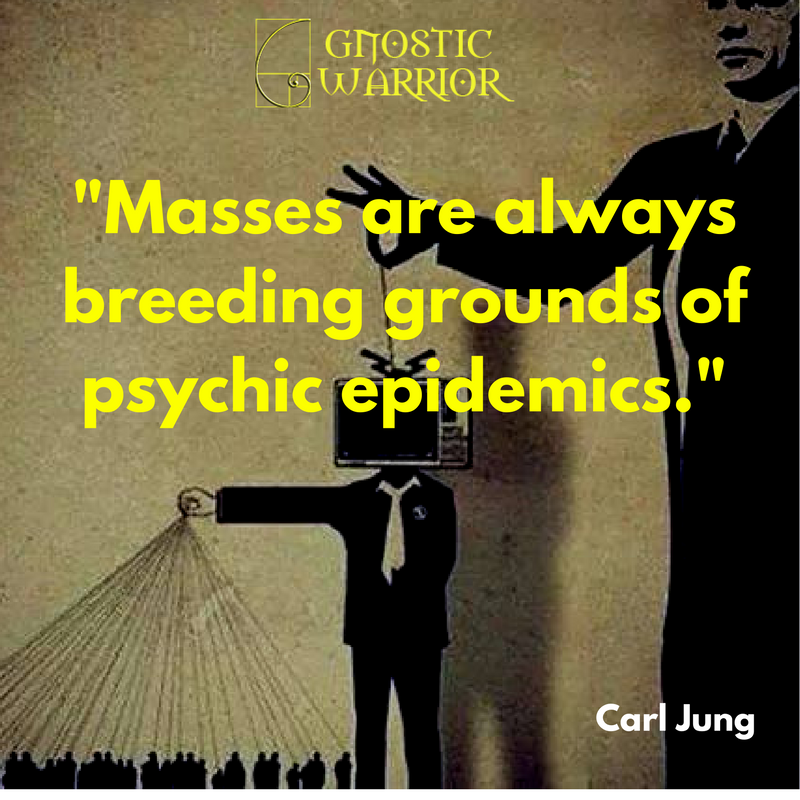Those who are unable to believe in a personal devil and the dogmas of the church must nevertheless accord to the clergy enough of shrewdness
Page 101
to prevent the compromising of her reputation for infallibility by making so much of manifestations which, if fraudulent, must inevitably be some day exposed.
But the best testimony to the reality of this force was given by Robert Houdin himself, the king of jugglers, who, upon being called as an expert by the Academy to witness the wonderful clairvoyant powers and occasional mistakes of a table, said: “We jugglers never make mistakes, and my second-sight never failed me yet.”
The learned astronomer Babinet was not more fortunate in his selection of Comte, the celebrated ventriloquist, as an expert to testify against the phenomena of direct voices and the rappings. Comte, if we may believe the witnesses, laughed in the face of Babinet at the bare suggestion that the raps were produced by “unconscious ventriloquism!” The latter theory, worthy twin-sister of “unconscious cerebration,” caused many of the most skeptical academicians to blush. Its absurdity was too apparent.
“The problem of the supernatural,” says de Gasparin, “such as it was presented by the middle ages, and as it stands now, is not among the number of those which we are permitted to despise; its breadth and grandeur escape the notice of no one. . . . Everything is profoundly serious in it, both the evil and the remedy, the superstitious recrudescency, and the physical fact which is destined to conquer the latter.”
Further, he pronounces the following decisive opinion, to which he came, conquered by the various manifestations, as he says himself — “The number of facts which claim their place in the broad daylight of truth, has so much increased of late, that of two consequences one is henceforth inevitable: either the domain of natural sciences must consent to expand itself, or the domain of the supernatural will become so enlarged as to have no bounds.”
Among the multitude of books against spiritualism emanating from Catholic and Protestant sources, none have produced a more appalling effect than the works of de Mirville and des Mousseaux: La Magie au XIXme Siecle — Moeurs et Pratiques des Demons — Hauts Phenomees de la Magie — Les Mediateurs de la Magie — Des Esprits et de leurs Manifestations, etc. They comprise the most cyclopaedic biography of the devil and his imps that has appeared for the private delectation of good Catholics since the middle ages.
According to the authors, he who was “a liar and murderer from the beginning,” was also the principal motor of spiritual phenomena. He had been for thousands of years at the head of pagan theurgy; and
Page 102
it was he, again, who, encouraged by the increase of heresies, infidelity, and atheism, had reappeared in our century. The French Academy lifted up its voice in a general outcry of indignation, and M. de Gasparin even took it for a personal insult. “This is a declaration of war, a ‘levee of shields’ ” — wrote he in his voluminous book of refutations. “The work of M. de Mirville is a real manifesto. . . . I would be glad to see in it the expression of a strictly individual opinion, but, in truth, it is impossible. The success of the work, these solemn adhesions, the faithful reproduction of its theses by the journals and writers of the party, the solidarity established throughout between them and the whole body of catholicity . . . everything goes to show a work which is essentially an act, and has the value of a collective labor. As it is, I felt that I had a duty to perform. . . . I felt obliged to pick up the glove. . . . and lift high the Protestant flag against the Ultramontane banner.”
The medical faculties, as might have been expected, assuming the part of the Greek chorus, echoed the various expostulations against the demonological authors. The Medico-Psychological Annals, edited by Drs. Brierre de Boismont and Cerise, published the following: “Outside these controversies of antagonistical parties, never in our country did a writer dare to face, with a more aggressive serenity, . . . the sarcasms, the scorn of what we term common sense; and, as if to defy and challenge at the same time thundering peals of laughter and shrugging of shoulders, the author strikes an attitude, and placing himself with effrontery before the members of the Academy . . . addresses to them what he modestly terms his Memoire on the Devil!”

Moe is the founder of GnosticWarrior.com. He is a father, husband, author, martial arts black belt, and an expert in Gnosticism, the occult, and esotericism.





